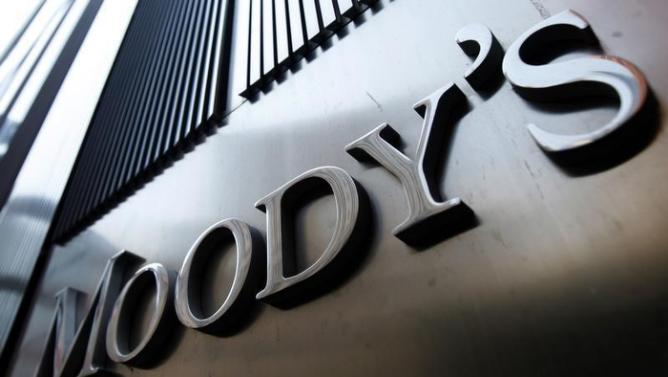Brazil’s economic gloom deepened on Wednesday when credit rating agency Moody’s downgraded the recession-hit nation’s sovereign debt status to junk.
Moody’s said the outlook for Brazil’s issuer and bond ratings was negative due to the prospect of further deterioration in debt ratios amid an economic contraction, as well as the risk of further external shocks.
The announcement, which follows similar downgrades by Standard & Poor’s and Fitch came as no surprise and has been largely priced into markets. But that is hardly cause for relief. While everybody can see the Brazilian economy is in peril, nobody seems to foresee a way out.
“I think the impact (of this downgrade) is small. That’s not because we’re strong, but because we are already so weak and without hope that this can be interpreted as just as one more arrow in St Sebastian’s body,” said Carlos Alberto de Melo, professor of political science at the Sao Paulo-based Institution of Education and Research.
“The political scenario today in Brazil is terrible. The executive is not capable of leading the processes in the legislative … No one is able to locate a project for the future at the moment.”
The latest downgrade is a blow to President Dilma Rousseff, who is fighting to ward off impeachment proceedings for allegedly violating the country’s budget laws.
The government said the Moody’s decision did not alter its commitment to reducing a fiscal deficit that topped 10% of gross domestic product (GDP) last year, but Brazil’s toxic political situation is adding to the pessimism.
With an election due in 2018, many analysts believe the government will loosen the purse strings to buy votes even if it means a worsening deficit.
Concern about a possible default is somewhat mitigated by the fact that most of the government’s debt is domestic, but alarms are growing that public finances could spiral out of control.
“When I see these things happening and the market reactions in Brazil, it alarms me,” said Monica DeBolle of the Peterson Institute for International Economics. “There are people who have begun to talk about a debt default. When this starts to circulate you get the feeling that things can get sour very quickly.”
Moody’s said Brazil’s progress in fiscal consolidation will be slow and growth anemic for the next two to three years. It warned that Brazil’s government debt was likely to top 80% of GDP within three years.
The downgrade could also exert further downward pressure on Brazil’s currency and prompt investors to exit an economy that only four years ago was growing above 4.0% annually. The Bovespa stock index shed 1.7% in early trade on Wednesday, amid weakening international equity markets.
Brazil is struggling with what is expected to be its worst recession since at least 1901, following a mix of fiscal largesse and interventionist policies during Rousseff’s first term in office which sapped investors’ confidence.
Rousseff, a left-leaning economist, is considering measures to bolster the economy without abandoning austerity efforts that include tax increases and spending cuts, aides said.
Many analysts, however, doubt she can stoke activity without incurring fiscal costs that threaten to widen the deficit.
The Brazilian economy likely contracted nearly 4.0% last year and is expected to drop again by more than 3.0% this year, the worst back-to-back annual plunges on record.
Armando Castelar, of the Brazilian Institute of Economics, predicted Brazil’s output would shrink by at least 3.4% this year but he says the situation could deteriorate further if government policy continues to drift. Without a clear roadmap out of the current crisis, he warns that public deficit could rise above 80% of GDP.
“Moody’s report is very clear and consistent. It says Brazil has a large deficit in an economy that is not growing. It’s a snowball effect. The deadline is short, and change needs to come fast and this is not happening,” he said.
“The alert is coming and there is no reaction. It’s is like a medical report that is saying the patient is sick yet the patient maintains the same lifestyle. It’s frightening.
Even with the economy shrinking, inflation has surged past 10% in 2015, its highest in more than a decade.
